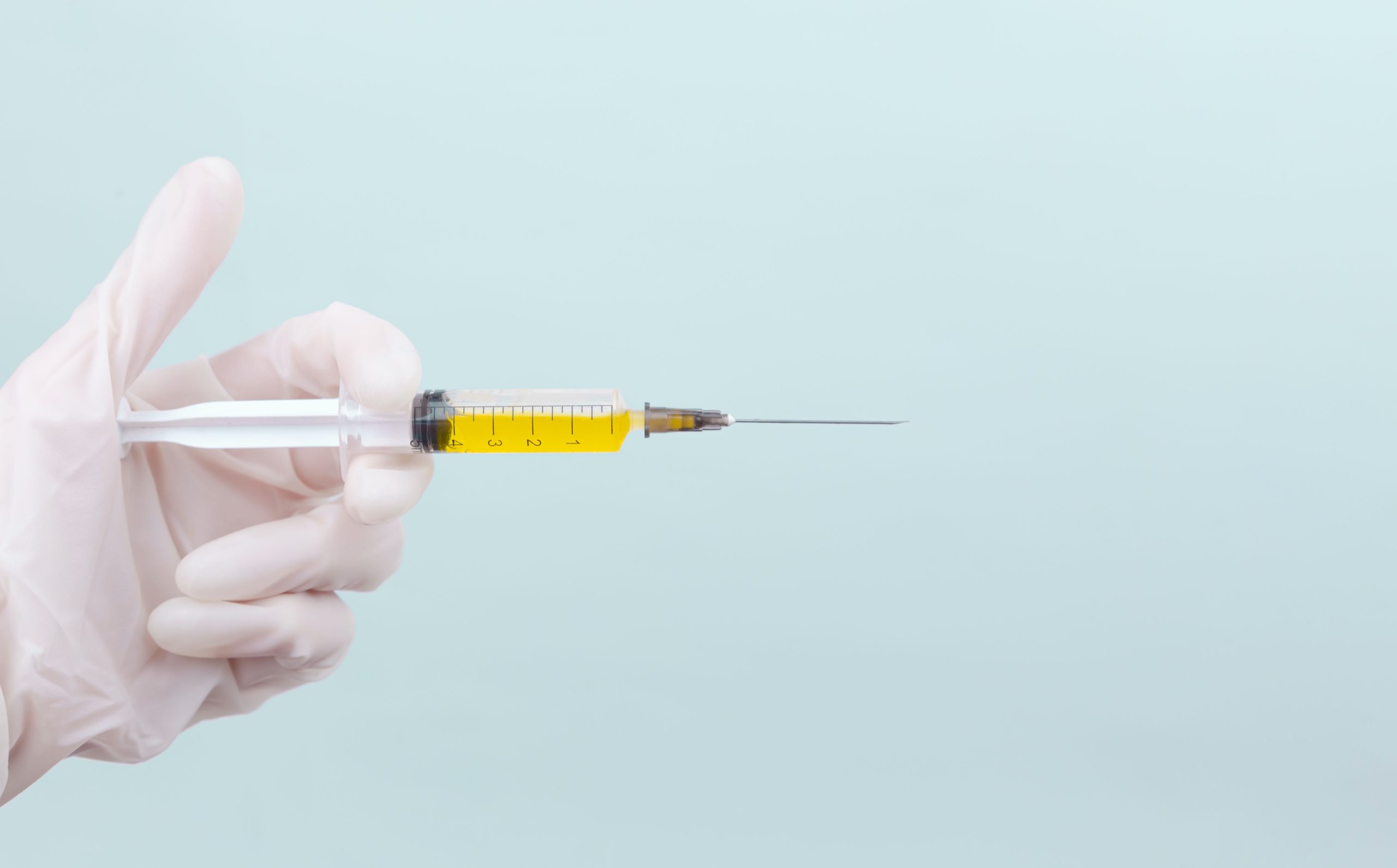People with monkeypox receive smaller Illness Benefit than people with Covid-19
 Image: Unsplash
Image: Unsplash
People with monkeypox receive smaller Illness Benefit than people with Covid-19
Words: Ellen Kenny
The Government support for monkeypox is in “stark contrast” with the previous response to Covid-19 according to activists.
The Department of Social Protection has informed activists that anyone diagnosed with monkeypox will receive the regular Illness Benefit while isolating. This is in contrast to the enhanced Illness Benefit that people with Covid-19 currently receive.
A member of HIV activism group ACT UP appeared on Today With Claire Byrne to discuss the vaccine for monkeypox in Ireland. Following the member’s appearance, the Department of Social Protection informed Act Up that anyone isolating with monkeypox will have to apply for the standard Illness Benefit rather than the enhanced Illness Benefit.
Responding to a request for comment, the Department confirmed, “Illness Benefit is the main social welfare payment available to those who are medically certified as unfit for work, including in cases of monkeypox.”
The current Illness Benefit offers those on sick leave 208 euros a week if they typically make more than 300 euros a week. People over the age of 66 or self-employed people are not eligible to receive any Illness Benefit while sick. The benefit is also taxable through a reduction in tax credits for anyone who claims them.
The enhanced Illness Benefit is available to anyone diagnosed with Covid-19. The maximum personal rate of enhanced Illness Benefit is 350 euros per week. While people over the age of 66 do not qualify, self-employed people can receive the enhanced benefit. It is in place until the end of September.
Two health emergencies, two responses
The World Health Organisation declared monkeypox a “global health emergency” two weeks ago. While monkeypox is not an airborne virus like Covid-19, anyone diagnosed must still isolate.
Those diagnosed with monkeypox are advised to isolate until all their symptoms have subsided. Symptoms of monkeypox include an itchy rash, high temperature, swollen glands and muscle pain. Symptoms typically last between two to four weeks.
The public health guidelines for monkeypox are similar to those diagnosed with Covid-19. Activists have pointed out the difference in Government response to global public health emergencies.
“This isn’t an argument that people with Monkeypox should receive more financial assistance than anyone else who is ill or unable to work – everyone should have access to adequate financial aid,” ACT UP member Holly Shortall explained.
“However, when we compare the two recent global health emergencies, Covid and monkeypox, you have to question why there is such a stark contrast between the support offered to those who test positive.”
Benefits of paid sick leave
Paid sick leave is one of the most effective ways to protect health and incomes in a global health emergency. But in Ireland, monkeypox is not receiving the same treatment as other health emergencies. And those with monkeypox are going to suffer the consequences of this.
“208 euros per week is simply not enough for anyone to live on,” Holly told District, “In some cases people who have Monkeypox may be told to isolate themselves for a month if not more. People want to protect their friends, lovers and the wider community – but they also need to be able to live. In Ireland, the cost of living is higher than most other European cities, and most cases so far are in Dublin.”
Monkeypox in Ireland
The latest figures show that 97 people in Ireland have been diagnosed with monkeypox. Activists and politicians are concerned that if a vaccine is not rolled out soon, cases will rise faster than the Government can cope.
“At the moment, Monkeypox is disproportionately affecting gay, bisexual and men who have sex with men (gbMSM),” Holly said, “The marked lack of urgency and support sends a message to those at risk that the Government is not taking it seriously. Or, that they simply don’t care.”
GbMSM are known for their “proactiveness” when it comes to looking after their sexual health, according to Holly. But the responsibility to protect those at risk has fallen nearly entirely on groups like MPower and Man2Man. The lack of resources these groups have compared to government bodies are cause for huge concerns for activists.
“Regardless of whether you are part of a currently-at-risk group or not, we need to demand that the government does more. Health Minister Stephen Donnelly earns 183,000 euros per year. He is employed to provide clarity and ensure adequate support for those who are ill or at risk of Monkeypox.”
Elsewhere on District: Rent reaches record highs as available properties reach record lows
